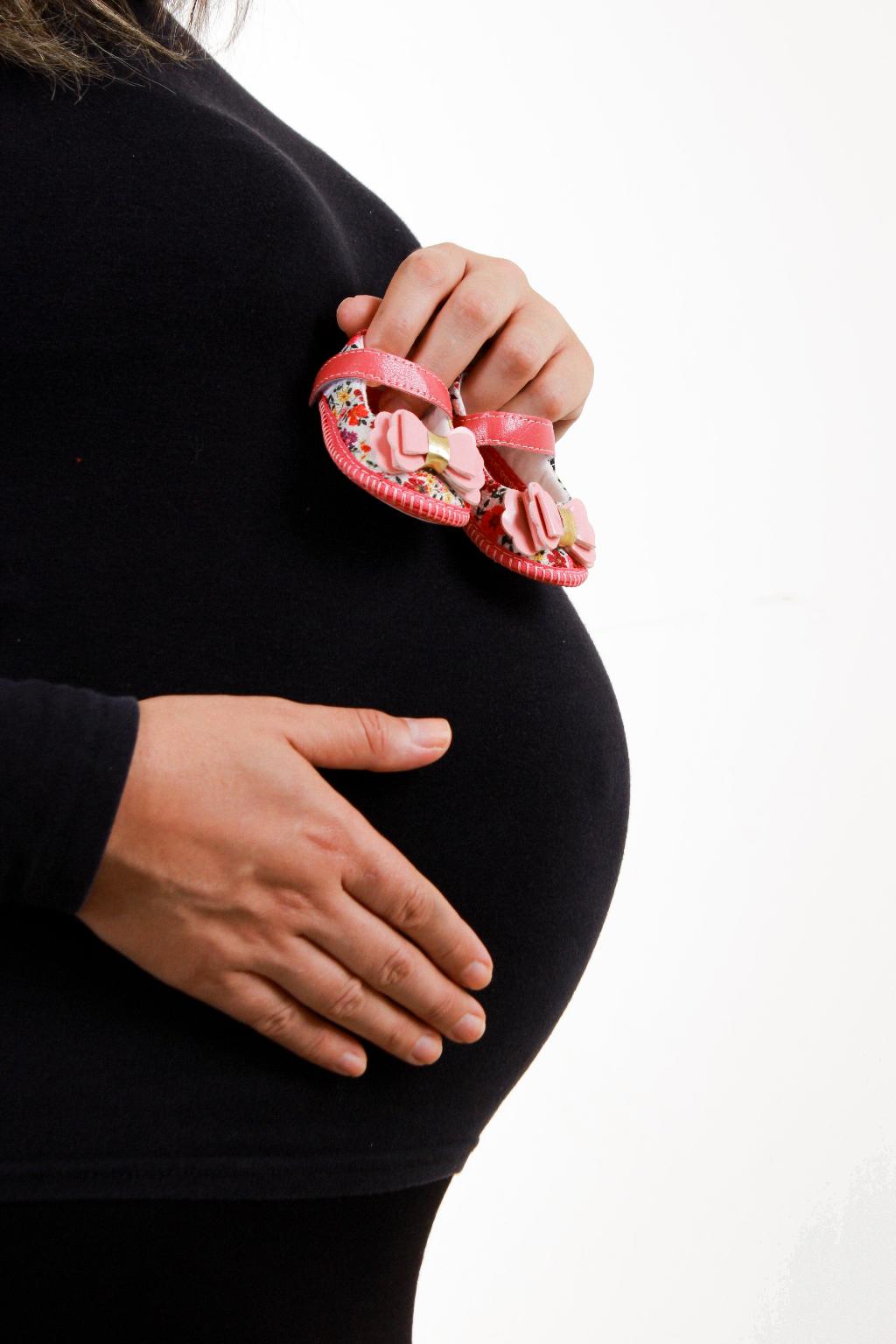When a pregnant woman doesn’t rest adequately, it can have substantial consequences on both her health and the health of her developing baby. One of the primary concerns is the increased risk of developing pregnancy complications. Research has shown that inadequate sleep during pregnancy is associated with a higher likelihood of experiencing conditions such as preeclampsia, which is characterized by high blood pressure that can pose serious risks to both the mother and the unborn child.
Furthermore, gestational diabetes is another complication that pregnant women who don’t rest enough may face. This type of diabetes develops during pregnancy and can lead to various health issues for both the mother and the baby if not properly managed. Lack of adequate rest can exacerbate the risk of developing gestational diabetes, emphasizing the importance of prioritizing sufficient sleep during pregnancy.
In addition to pregnancy complications, the lack of rest during pregnancy can also impact the overall well-being of the expectant mother. Sleep plays a crucial role in supporting the body’s immune system, regulating mood, and maintaining energy levels. When a pregnant woman doesn’t get enough rest, she may experience increased feelings of fatigue, irritability, and overall physical discomfort, which can make the entire pregnancy experience more challenging.
Moreover, the mother’s ability to focus and concentrate may be compromised when she is sleep-deprived. The cognitive functions can be affected by insufficient rest, making it difficult for the pregnant woman to stay alert and engaged in her daily activities. This can have implications for her personal and professional life, as well as her ability to prepare for the arrival of the baby.
Another critical aspect to consider is the impact of inadequate rest on the baby’s development. Research suggests that maternal sleep patterns during pregnancy can influence the baby’s growth and development in the womb. Lack of rest may be linked to lower birth weights, preterm birth, and other neonatal health concerns, highlighting the significance of prioritizing quality sleep for the overall well-being of the unborn child.
Furthermore, the emotional well-being of the expectant mother can be significantly affected by the lack of rest. Sleep deprivation can contribute to increased feelings of anxiety, stress, and mood swings, which can make it challenging for the pregnant woman to cope with the physical and emotional demands of pregnancy. Adequate rest is essential for maintaining a healthy mindset and reducing the risk of mental health issues during this crucial period.
It is important to recognize that the effects of insufficient rest during pregnancy can extend beyond the prenatal period. Postpartum recovery and the ability to care for the newborn may also be impacted by the lack of adequate sleep during pregnancy. Sleep plays a vital role in the body’s healing processes and resilience, making it essential for the mother to prioritize rest throughout the entire journey of motherhood.
Furthermore, the relationship between sleep and hormonal balance should not be overlooked. Hormonal changes occur significantly during pregnancy, and sleep deprivation can disrupt the delicate balance of hormones essential for a healthy pregnancy. Ensuring sufficient rest is crucial for supporting the body’s hormonal equilibrium and overall reproductive health during this transformative phase of life.
Additionally, the risk of complications during labor and delivery may be heightened when a pregnant woman does not prioritize rest. Fatigue and exhaustion can impact the overall birthing experience and increase the likelihood of interventions during labor. Adequate rest is essential for maintaining physical stamina, mental clarity, and emotional readiness for the challenges of childbirth.
On a practical level, the lack of rest can also affect the pregnant woman’s ability to engage in self-care practices that are essential for a healthy pregnancy. Proper nutrition, regular exercise, and stress management all play crucial roles in supporting maternal and fetal health. Sleep deprivation can hinder the pregnant woman’s ability to sustain these healthy habits, potentially compromising the well-being of both herself and her baby.
Considering the profound impact of rest on pregnancy outcomes, it is essential for expectant mothers to prioritize quality sleep as a fundamental aspect of their prenatal care. Developing healthy sleep habits, creating a relaxing bedtime routine, and seeking support when needed are essential steps to ensure that both the mother and the baby receive the necessary rest for optimal health and well-being throughout the pregnancy journey.
In conclusion, the consequences of not getting enough rest during pregnancy are multifaceted and far-reaching. From increased risks of pregnancy complications to compromised emotional well-being and potential impacts on the baby’s development, the importance of prioritizing sufficient sleep cannot be overstated. By recognizing the significance of rest in promoting a healthy pregnancy, expectant mothers can take proactive steps to enhance their overall well-being and that of their unborn child.

